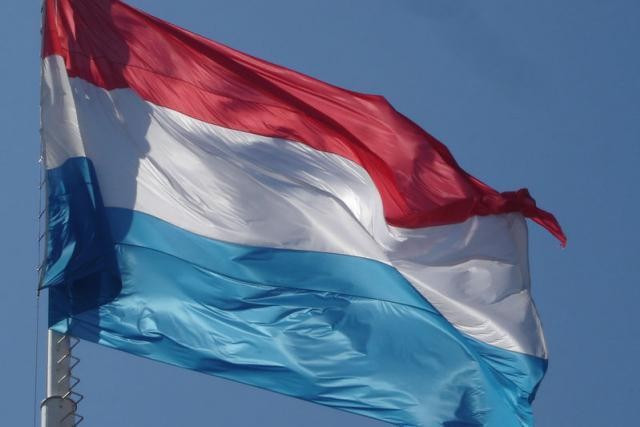The use of a number of languages in everyday life, such as politics, in the workplace, at school and in the media appears natural in Luxembourg nowadays. And that is in the roots of the country as French came to be an administrative language as a result of French occupation, under Louis XIV in 1684 and later under the Revolutionary troops in 1795. Italians settling in the south of Luxembourg between 1875 and 1910 brought another layer of multilingualism to the country while German was popular in the press back then.
At the same time the outlines that Luxembourgish has come to play a more developed role in modern society. Having existed as a spoken language for most of its history, Luxembourgish is now established as a written language. A Statec study from 2019 indicated that for 76% of Luxembourg nationals, Luxembourgish is the language they master best. The same study states that Luxembourgish is the predominant language in a family setting with 88% of residents with Luxembourg nationality using the language at home.
Read also
Luxembourgish has come to grow in use as a written language with the emergence of digital media. While much of the written press is still dominated by German, in 1991 Luxembourgish took a big leap forward on TV with the launch of television programmes on RTL Télé Lëtzebuerg. The language is also dominant on radio with RTL Radio Lëtzebuerg, Eldoradio and Radio 100.7.
English on the other hand has come to play a stronger role in the last decade, especially in the workplace. “In the financial, insurance and research sectors, English is becoming increasingly predominant,” states the brochure. The music scene is also very influenced by English with local artists like Chaild singing in English and combining Italian and Portuguese.
In 2022 multilingual reporter Philip Crowther from Lviv in Ukraine in six languages: French, Spanish, Portuguese, English, German, and Luxembourgish.
